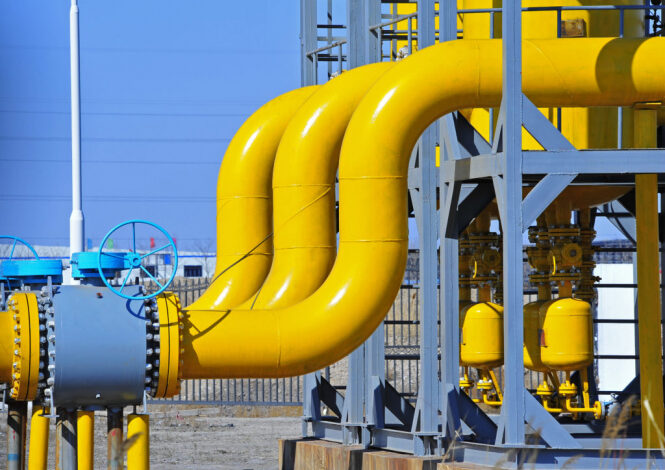France and Belgium block European Commission plan to ban imports of liquefied gas from Russia

France and Belgium, which are among the main importers of Russian liquefied natural gas (LNG) in Europe, oppose the adoption of a plan proposed by the European Commission to abandon Russian gas. About this informsPolitician.
Both countries insist on obtaining additional guarantees on the economic and legal consequences of a possible decision before expressing support for the initiative. In France, which is the largest buyer of Russian LNG, they say that they prefer the strategy of finding alternative sources, in particular, the plan to replace supplies from the Russian Federation with products from Qatar.
“We defend the European diversification strategy that is already on the table,” – said the Minister of Energy of France Marc Ferracci.
He emphasized the importance of the “legal certainty” of the Brussels initiative, warning that private companies could become objects of lawsuits from Russia due to the termination of contracts. For example, the French company TotalEnergies is bound by a current contract with Russia’s Novatek until 2032 and has 20% in the Yamal project, which operates an LNG plant in Siberia.
Belgium, the second-largest buyer of Russian LNG, wants a detailed report on the economic impact before making a decision.
Belgium’s Minister of Energy Mathieu Biet noted:
“We ask the Commission to present an in-depth assessment of the impact of future measures.”
He also announced that the country will conduct technical consultations to assess the possible consequences for the Belgian LNG infrastructure. This restrained attitude of France and Belgium contradicts the position of Spain and the Netherlands — other large importers of LNG from Russia. Both countries have expressed their willingness to support the opt-out plan.
According to data from the commodity platform Kpler, in 2023 these four countries together imported 16.77 million tons of Russian LNG — this is 97% of the total volume of EU imports and more than half of all global exports from Russia. Total expenses reached more than 6 billion euros.
Support from France, Belgium, Spain and the Netherlands is key for the European Commission, as Hungary and Slovakia are likely to try to block the ban as they seek to continue buying Russian energy.
In addition, a number of European politicians and industry representatives advocate a return to supplies from the Russian Federation after the end of the war waged by Moscow against Ukraine, citing the high cost of electricity in the region. Currently, the EU is discussing conducting a comprehensive economic and legal analysis at the level of the entire Union before the possible adoption of a relevant decision.





